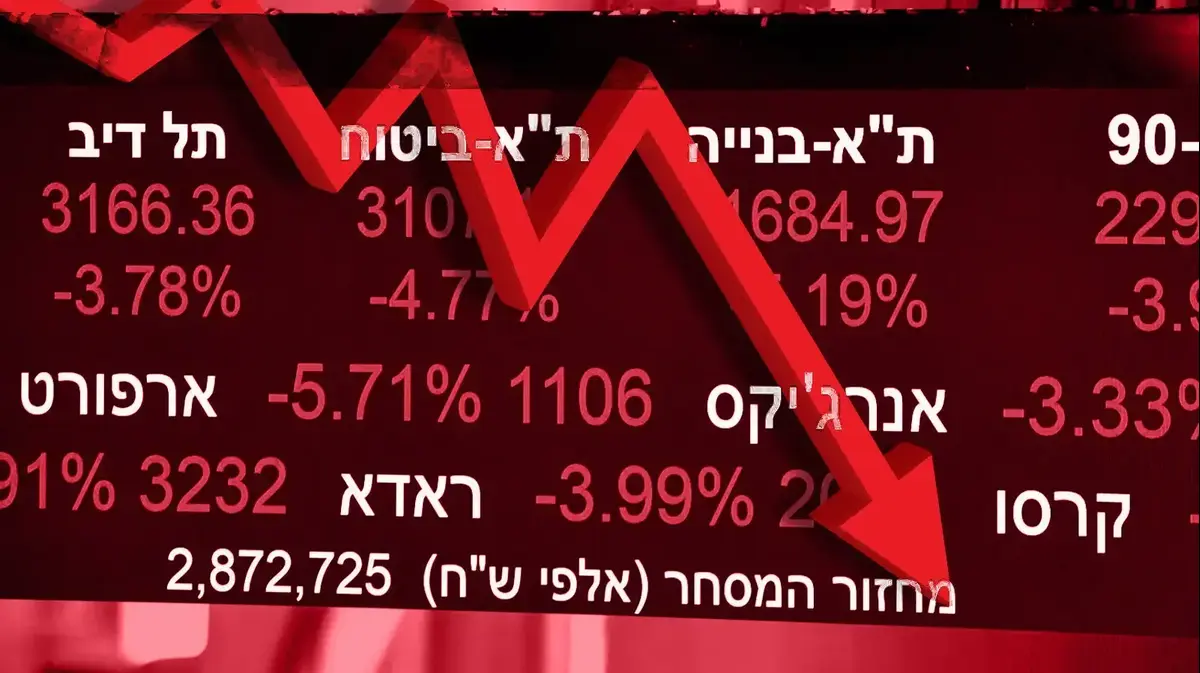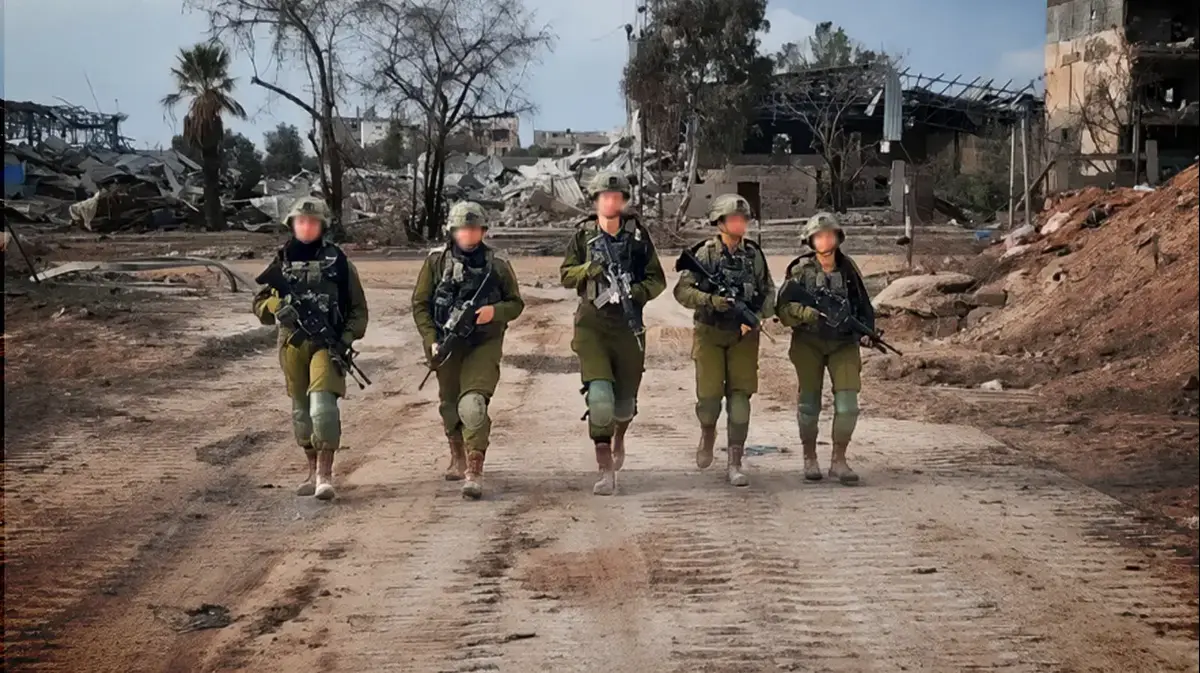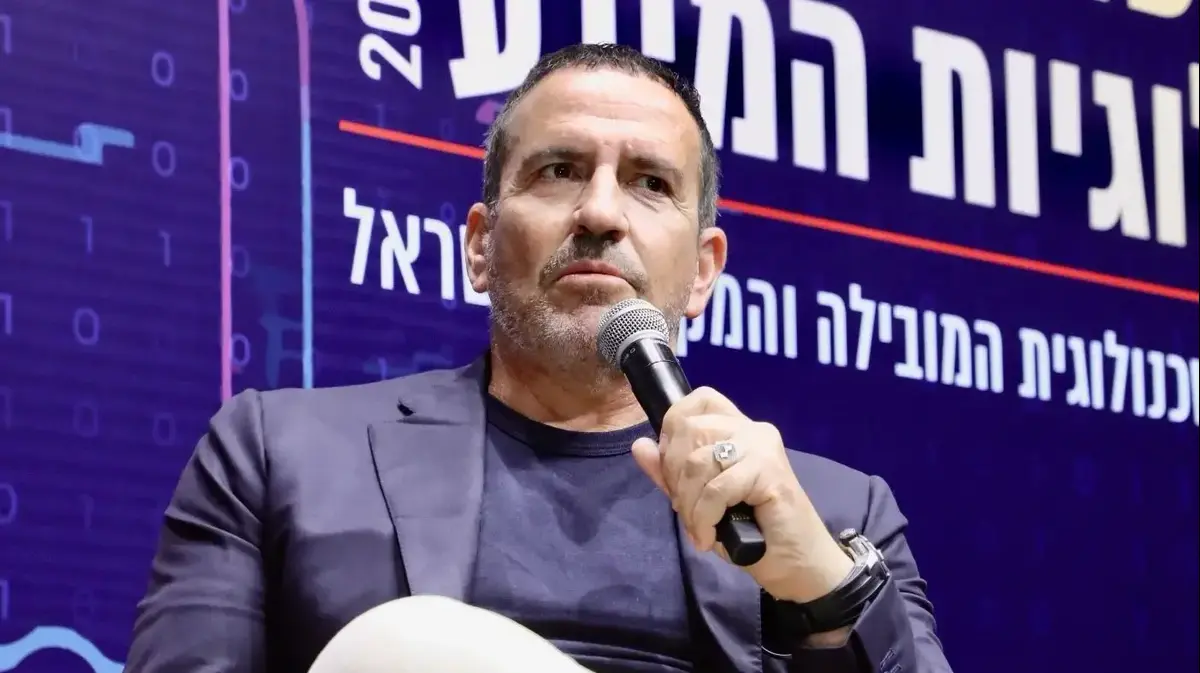Just at the beginning of the month, we heard Knesset member Ahmed Tibi implore Knesset member Tali Gottlieb to see a psychiatrist: "I told you that you need to take the pills three times a day!".
This statement proves the stigma and the negative attitude towards the field of mental health.
Why should a person be ashamed of the way he maintains his health?
And why is treating the soul a wrong thing?
It's time we stop using the expressions "mentally ill", "psychopath" and other terms from the world of mental health as derogatory terms.
It's time to put an end to it.
I approach the subject with reverence, and as someone who knows him intimately.
too close.
My older brother Amiram has been dealing with schizophrenia for years.
It took me a long time to come to terms with his dealings, until I realized that I had nothing to hide and be ashamed of.
He is my brother, a significant part of my life, and I love him even when it is complicated.
And yet, when I hear such phrases - my heart sinks.
Something in me shrinks.
I wish the case of the members of the Knesset in question was the only one, but unfortunately this is a phenomenon.
In Israel there is a lot of offensive use of expressions taken from the worlds of mental health and the world of people with disabilities.
These statements are common in the public sphere, on social networks, among public representatives and celebrities, and also among my colleagues in television and the media in general.
As the use of expressions such as "psychic", "crazy" and "mentally ill" increases in an offensive way, the stigma against people who face a mental disability deepens, and even worsens the mental state of those who face it and their families.
As much as my brother and his partners in the struggle hear such expressions, they converge more and more into the barrier of shame.
I also hid behind the shame, and today I understand that it is because of the language, sayings, negative terminology and taboos that have been attached to the world of mental health.
The way society uses terms from this world is often negative and offensive, even though the mentally challenged are the largest group of disabled people in Israel.
And still they walk around the world as monkeys, and their voices are almost unheard.
Over the years, we have come to discover that one of the biggest barriers to receiving treatment among people experiencing a mental crisis is the negative stigma.
Extreme and mocking use of describing the characteristics of the disease harms the mentally challenged and their families, their legitimacy to seek help and their ability to integrate into society, rehabilitate and live an independent and meaningful life.
The stigma index of "Anush", the Israeli association for mental health, published at the beginning of this month, examined the use of the terms "psychic", "psychopath", "mentally ill", "schizophrenic" and "split personality" in the media and social networks.
Many of the expressions appeared as derogatory words, mainly in the mouths of public figures and in heated reactions on social networks.
Upon hearing these expressions, the mentally challenged can experience shame and rejection.
Such discourse leaves them behind, and may delay the process of rehabilitation and recovery.
The way to change lies in language.
We as a society must pay attention that the expressions we use do not hurt the other and weaken him.
The use of terms like "crazy", "psychic" or "mentally ill" offends people like my dear brother, offends me and an entire public, which wakes up every morning for a new battle.
They and we do not need you to add more fuel to the fire, especially when members of the public call each other "mentally ill" or tell them to "take pills".
The time has come to talk about the phenomenon and lead a clean and respectful discourse, one that does not use medical diagnoses and mental conditions as derogatory words, and that does not harm people who deal with mental disabilities every day.
We must allow a safe space for the mentally challenged, and be an accepting and inclusive society.
I call on the Israeli public to refrain from using these expressions in an offensive manner, and to assist us in creating a legitimate discourse on mental health and in reducing the stigma towards people with mental disabilities.
Because mental health is the story of all of us!
were we wrong
We will fix it!
If you found an error in the article, we would appreciate it if you shared it with us









